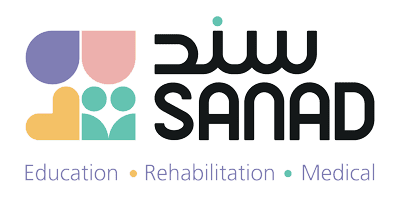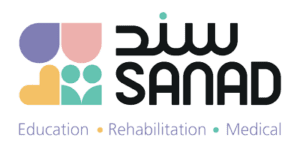Age: 8-13
Main Focuses
- Independent living skills
- Transitioning to a mainstream school and/or social settings
- Developing socially acceptable behaviours
- Generalising skills across different settings
About the Program
Our Elementary Program employs a range of strategies to support the development of children with autism and other developmental needs. It commences with a thorough assessment period spanning 6-8 weeks to determine their strengths, areas for growth and interests, utilizing specializing assessments such as the VBMAPP and AFLS. The program also incorporates structured academic instruction techniques, including discrete trial training, for teaching core skills such as reading, writing, and mathematics. Children participate in social skills training, aimed at enhancing their ability to initiate conversations, take turns, and make friends. Positive behaviours are promoted whilst reducing challenging ones, using techniques such as praise or rewards for desired behaviours. Self-management strategies, such as goal-setting, self-monitoring, and problem-solving, are taught to the children. Community-based instruction is also provided, offering opportunities for children to participate in mainstream school placements, outings, and other activities to transfer their learned skills to real-life situations. Additionally, children are engaged in activities that promote communication development, such as practicing conversation skills and utilizing augmentative and alternative communication systems like PECS. Furthermore, parents receive training and support to reinforce new skills and positive behaviors at home.





